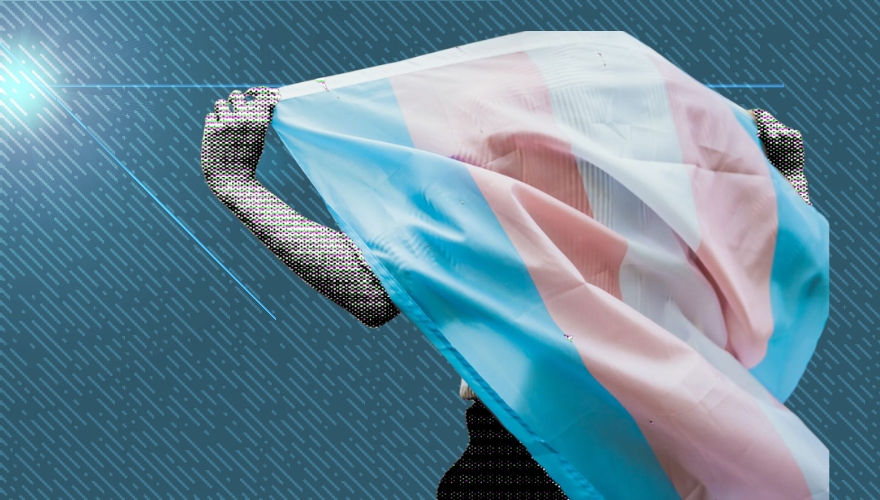Under the new law, which takes effect immediately, schools cannot create policies requiring anyone to use gender pronouns that do not align with an individual’s biological sex, and students would be required to use bathrooms that align with their biological sex, unless the student’s parent gives permission. Teachers are also prohibited from hiding a student’s transgender identity from parents. The legislation also prohibits a government entity from requiring people to use preferred pronouns in work-related communications. "House Bill 1522 largely codifies existing practices while reaffirming the First Amendment right to free speech, requiring restroom accommodations, balancing the rights and interests of students, parents and teachers, and not including the concerning language from the previously vetoed and sustained SB 2231," Burgum said in a statement on May 8. Opponents of the bill are alleging that it violates students’ and teachers’ constitutional rights. The North Dakota chapter of the American Civil Liberties Union (ACLU) says that the new law wasn’t motivated by privacy or safety concerns, but rather a fear of transgender individuals. "It doesn’t infringe on anyone else’s rights to share spaces with those who are different. Like previous efforts to expel people of color, people with disabilities, and others from communal spaces, these arguments for privacy and safety just mask a fear of difference," Cody Schuler, advocacy manager for North Dakota ACLU, said in a statement. He added:North Dakota Governor Doug Burgum has signed a bill that allows state employees and teachers to ignore the preferred pronouns of transgender students and co-workers.
By signing House Bill 1522, Gov. Burgum is forcing transgender students to make the impossible decision of breaking the law or revealing their private medical information – not to mention the obvious risk of harassment and violence that comes with forcing transgender students into the facilitates that do not match their gender identity. It is quite clear whose privacy and very lives are really at risk now that House Bill 1522 is law. Additionally, mandatory outing of a student’s trans identity violates their privacy rights at school – particularly for trans youth who cannot be safe at home. And creating a supportive working and learning environment also requires treating people with dignity and respect, including – at a minimum – calling them by the name and pronouns they want to use. These are both unlawful and discriminatory practices. Across the U.S., there are legal challenges and growing debate over the issue of whether teachers and schools can teach transgenderism and hide a child’s transgender identity status from their parents. In California, two middle school teachers recently sued the district over a policy that required them to hide students’ transgender status from parents. In Pennsylvania, three parents recently filed a federal lawsuit, arguing that their child’s first grade teacher violated their rights by teaching about gender dysphoria and transgender transition.
